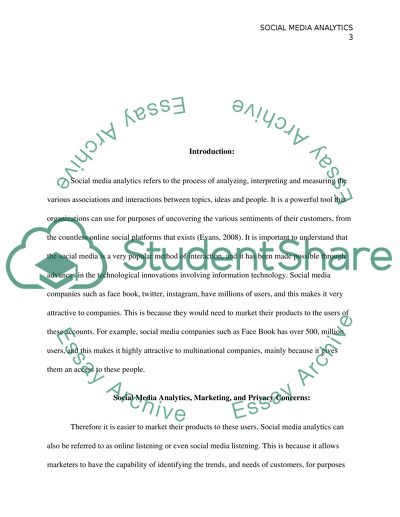Cite this document
(Social Media Analytics, Marketing, and Privacy Concerns Literature review, n.d.)
Social Media Analytics, Marketing, and Privacy Concerns Literature review. Retrieved from https://studentshare.org/marketing/1673281-w4-a566-social-media-analytics
Social Media Analytics, Marketing, and Privacy Concerns Literature review. Retrieved from https://studentshare.org/marketing/1673281-w4-a566-social-media-analytics
(Social Media Analytics, Marketing, and Privacy Concerns Literature Review)
Social Media Analytics, Marketing, and Privacy Concerns Literature Review. https://studentshare.org/marketing/1673281-w4-a566-social-media-analytics.
Social Media Analytics, Marketing, and Privacy Concerns Literature Review. https://studentshare.org/marketing/1673281-w4-a566-social-media-analytics.
“Social Media Analytics, Marketing, and Privacy Concerns Literature Review”, n.d. https://studentshare.org/marketing/1673281-w4-a566-social-media-analytics.


